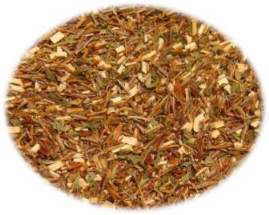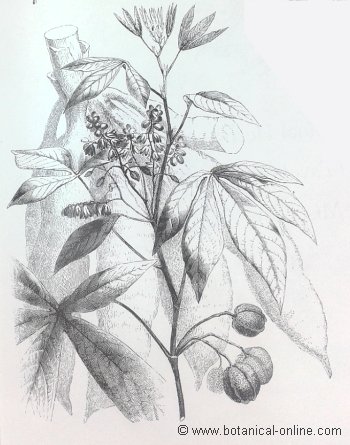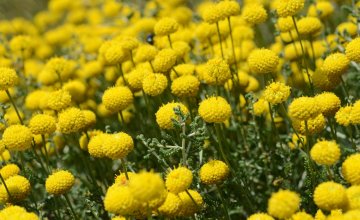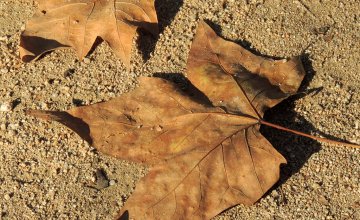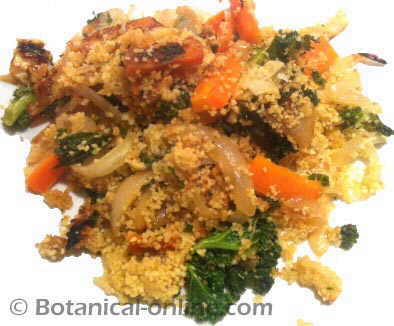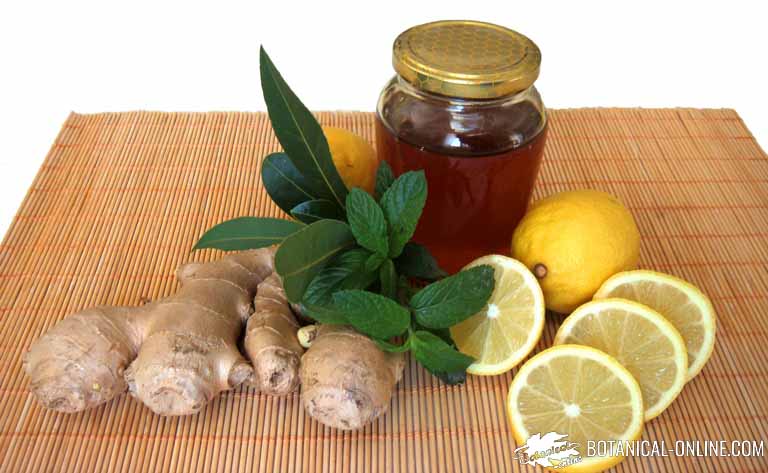Contents
What is common mallow?
Common mallow (Malva sylvestris) is a plant in the Malvaceae family, widely grown in the Mediterranean region.
Common mallow is used in herbal medicine for its richness in mucilage, a type of fiber with demulcent properties, which empowers it as an excellent vulnerary remedy to treat skin conditions (lesions, eczema, eye dryness, insect bites, etc..).
Mucilages also have applications for respiratory symptoms (cough, hoarseness, loss of voice, sore throat, etc..) And to remedy constipation.
What contraindications common mallow has?
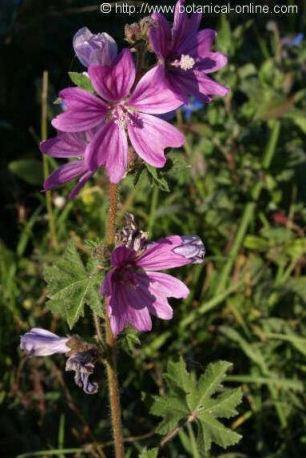
Some mallow flowers
No toxic effects or contraindications have been reported of mallow in humans.
The leaves and flowers are harmless to health. Moreover, it is a safe edible plant, when harvested at the proper locations and not contaminated.
- Diabetes: its richness in mucilage fiber, may affect the levels of blood sugar if taken in large quantities. People with diabetes should pay attention to their patterns of medication and blood sugar levels to avoid hypoglycemia.
- Taking oral medications: Because of its high fiber content, mallow could reduce or change the effect of some medicines if taken in large quantities.
Pregnancy and lactation
No studies on plant safety in pregnancy and lactation have been reported. It is believed that the plant is safe in food standard doses, but there is a risk of toxicity because of its nitrate concentration in the leaves (if they have grown in nitrogen- charged places), or pick wild with contaminated leaves. Use with caution if pregnant or breastfeeding.
![]() More information on mallow.
More information on mallow.

